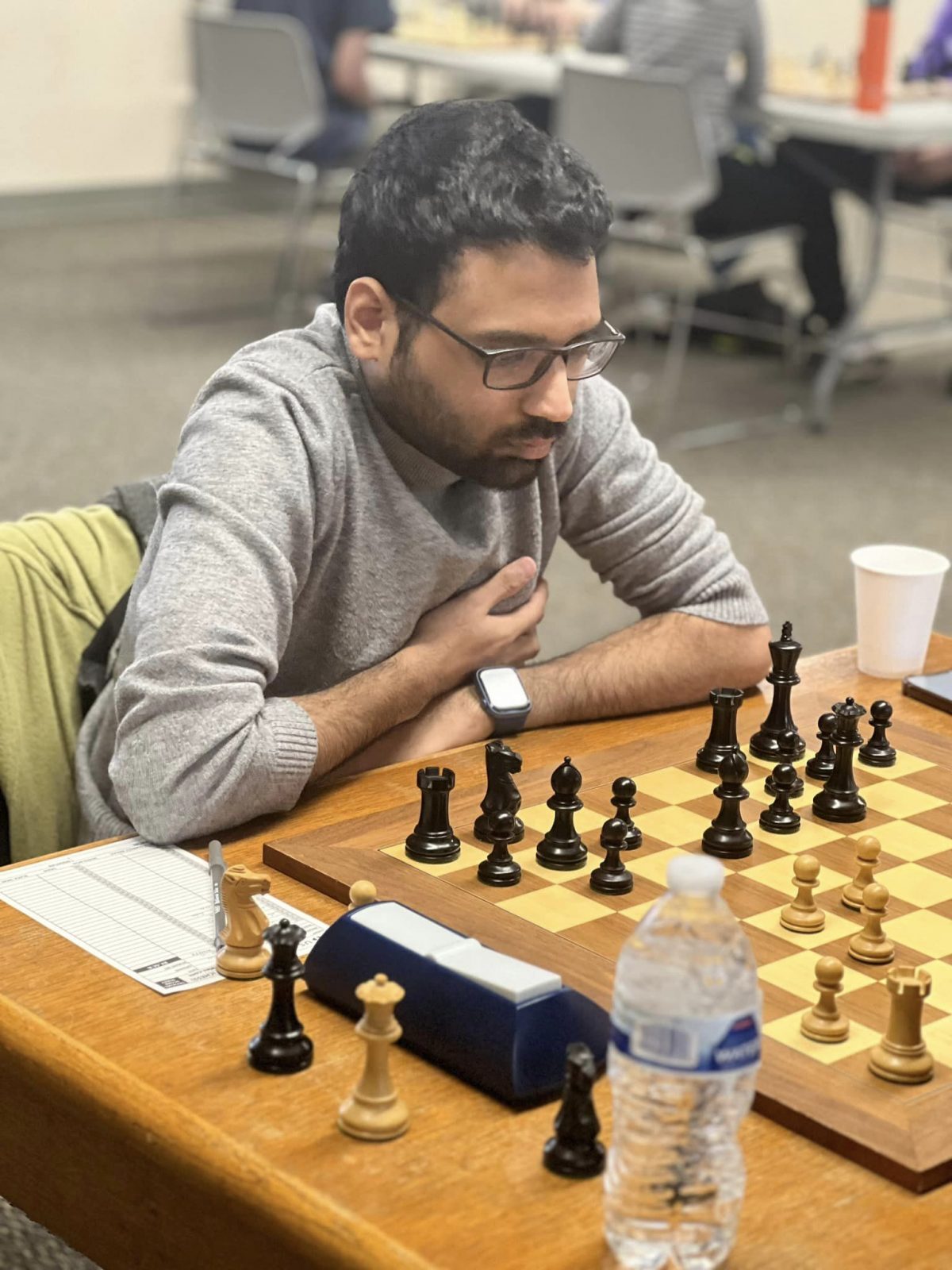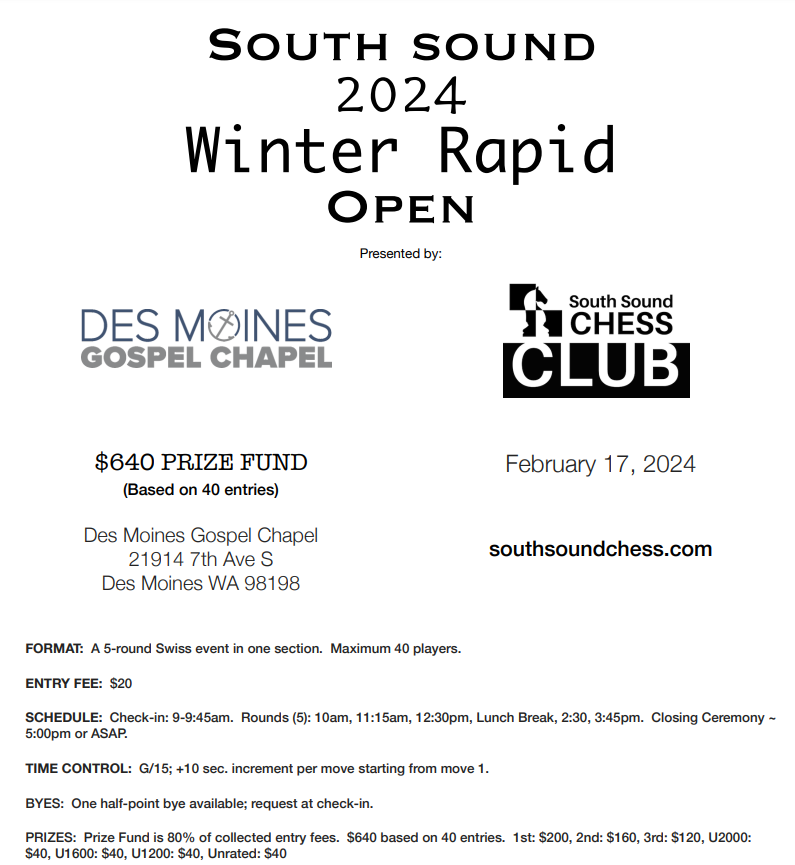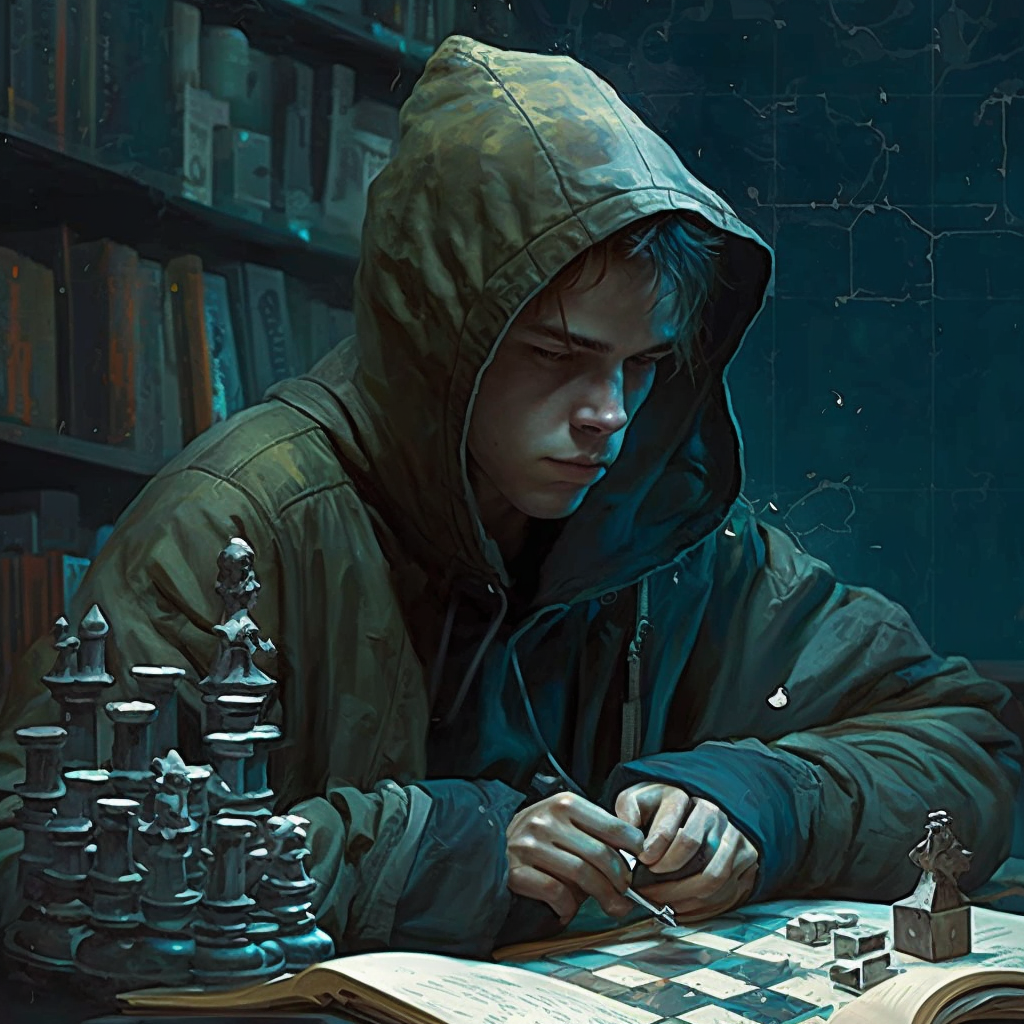Chess is a game that has fascinated people for centuries, and with good reason. It is a complex and strategic pursuit that requires dedication and discipline to master. For novice and intermediate players, one of the most effective ways to improve is by playing slow chess, especially over the board with notation.
Let’s delve into why playing slow chess is the key to unlocking your potential, and why it’s best to avoid the blitz and bullet formats in the early stages of your chess journey.
The Benefits of Slow Chess
Deeper Understanding of the Game
By playing slow chess, you give yourself the time to analyze positions, consider different options, and develop a deeper understanding of the game. The longer time control allows you to explore various strategies and tactics, helping you gain a more comprehensive knowledge of chess principles.
Improved Decision-Making
Slow chess forces you to be more deliberate in your decision-making process. This involves weighing the pros and cons of each move, calculating variations, and anticipating your opponent’s responses. As you practice this skill, your decision-making abilities will improve, translating to better performance in both slow and faster time controls.
Building Endgame Skills
One of the most critical aspects of chess is the endgame. Slow chess provides you with the opportunity to practice endgames and develop your skills in this vital phase of the game. As you gain experience, you will learn how to convert advantages into wins and salvage drawn positions, giving you a significant edge over your opponents.
Reinforcing Good Habits
When playing slow chess, you are more likely to follow good habits such as properly evaluating a position, planning your moves, and managing your time effectively. By consistently practicing these habits in slow games, they will become second nature, improving your overall chess performance.
The Importance of Over-the-Board Play and Notation
Enhancing Concentration
Playing chess over the board demands a higher level of focus and concentration than playing online. By engaging in face-to-face competition, you will learn to block out distractions and remain focused on the game, a skill that is invaluable in competitive chess.
Developing Board Vision
Playing over the board helps improve your board vision – the ability to visualize the position and calculate variations without moving the pieces. This skill is crucial for successful chess players, and it can only be honed through practice in over-the-board games.
Notation as a Learning Tool
Taking notation during your games allows you to review your moves and analyze your performance afterward. By studying your games, you can identify your strengths and weaknesses, learn from your mistakes, and track your progress over time. Moreover, reviewing annotated games of stronger players can help you gain valuable insights and further improve your game.
Why Blitz and Bullet Formats Should Be Avoided
Reinforcing Bad Habits
Blitz and bullet games prioritize speed over strategy, often leading to impulsive moves and superficial thinking. This can reinforce bad habits and hinder your progress as you advance to higher levels of chess.
Limited Learning Opportunities
Due to their fast-paced nature, blitz and bullet games provide limited opportunities for deep analysis and learning. Players are more likely to repeat the same mistakes, as there is little time for reflection and self-improvement.
Neglecting Endgame Skills
Blitz and bullet games often end before reaching the endgame, depriving players of valuable practice in this critical stage of the game. Developing endgame skills is essential for chess improvement, and this is best achieved through slower time controls.
Conclusion
As a novice or intermediate chess player, playing slow chess over the board while taking notation is the most effective way to improve your skills and understanding of the game. Slow chess allows you to develop a deeper understanding of chess principles, improve your decision-making abilities, and build your endgame skills. Playing over the board enhances your concentration and board vision, while taking notation serves as a valuable learning tool for reviewing and analyzing your games.
By focusing on slow chess, you reinforce good habits that will ultimately benefit your overall chess performance. In contrast, blitz and bullet formats can reinforce bad habits, provide limited learning opportunities, and neglect endgame skills, which are crucial for chess improvement.
In conclusion, if you are a novice or intermediate player seeking to improve your game, embrace the power of slow chess. Dedicate time to playing longer games, analyzing your moves, and learning from your mistakes. As you continue to grow and develop as a chess player, you will find that the patience and discipline required for slow chess will pay off, leading to better performance and a greater appreciation for the rich complexity of this timeless game.


